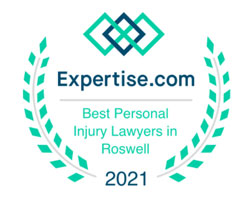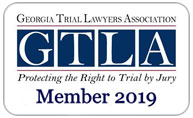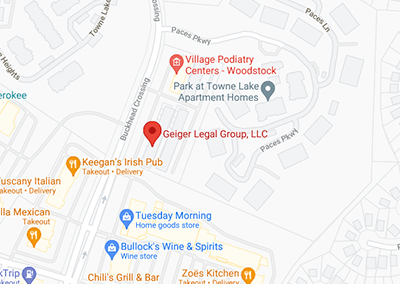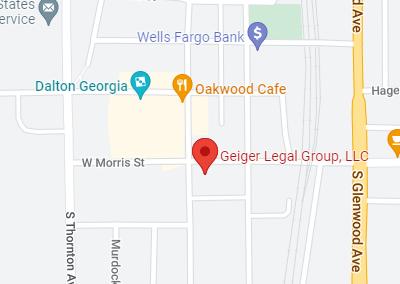How Can Technology Prevent Medical Malpractice?
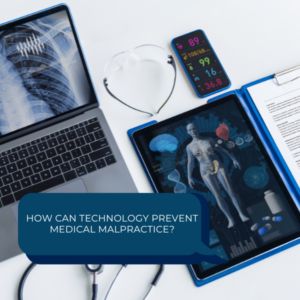
Every year, thousands of patients needlessly suffer from medical malpractice errors. Any act or omission that deviates from accepted standards of care could rise to the level of malpractice. If you’re uncertain whether you or a loved one received substandard care that caused injury and loss, a Georgia medical malpractice attorney is a reliable source of information.
How Common Is Medical Malpractice?
Studies suggest that medical malpractice is the third leading cause of death in the United States. In Georgia alone, there have been over 17,000 adverse action reports and over 10,000 medical malpractice payment reports between 1990 and 2023.
Medical malpractice errors have many forms, including:
- Medical malpractice surgical errors, such as operating on the wrong body part or the wrong patient
- Diagnosis errors (delayed or incorrect)
- Incorrect dosage or type of medication
- Infections
- Anesthesia errors
- Failure to treat
- Informed consent violations
Technological Advances in Healthcare That Can Prevent Malpractice
Some health practitioners and institutions are incorporating technology to help prevent dangerous medical mistakes. These advances range from diagnostic tools to robotic surgical helpers:
- Artificial Intelligence (AI) – AI applications like machine learning algorithms can analyze large datasets to identify patterns and potential risks. This could assist healthcare providers with more accurate diagnoses and personalized treatment plans.
- Patient Identification Technology – Biometric patient identification and barcode systems improve accuracy and security. They can reduce the likelihood of administering the wrong medication or performing procedures on the wrong patient.
- Surgical Robots – Surgeons control robotic-assisted devices that allow for precision and minimally invasive procedures, reducing the risk of complications.
- Medication Management Systems – Automated systems for dispensing and administering medications help prevent errors in dosage and timing. These systems can also alert prescribing physicians and pharmacists for potential drug interactions.
- Simulation Training – Virtual reality and simulated scenarios give healthcare students and trainees a risk-free environment to improve their skills and decision-making.
- Blockchain Technology – Blockchain can enhance the security and integrity of healthcare data. It provides a decentralized and tamper-resistant patient record system, reducing the risk of data breaches into sensitive or proprietary information.
What To Do if Malpractice Occurs
If you or a loved one suspect medical malpractice, it is essential to act as soon as possible:
- Gather all relevant documents, medical records, prescriptions, and other evidence related to the medical treatment.
- Start a journal of your symptoms, pain, and overall health.
- Consult a Georgia medical malpractice attorney.
Proving malpractice is a complex and time-consuming task that you should not tackle alone. A medical malpractice law firm has the resources and experience to consult with experts about your symptoms, course of treatment, and whether it deviates from standard medical care.
Contact Our Georgia Medical Malpractice Attorneys to Learn More
The Geiger Legal Group, LLC is a family-run law firm that focuses on helping people. Our five-star rated firm is proud of our Georgia roots and involvement in the communities we serve. Besides medical malpractice cases, call us about:
- Car accidents
- Motorcycle accidents
- Truck accidents
- Personal injury
Contact our Georgia medical malpractice attorneys to learn more in a free consultation.




